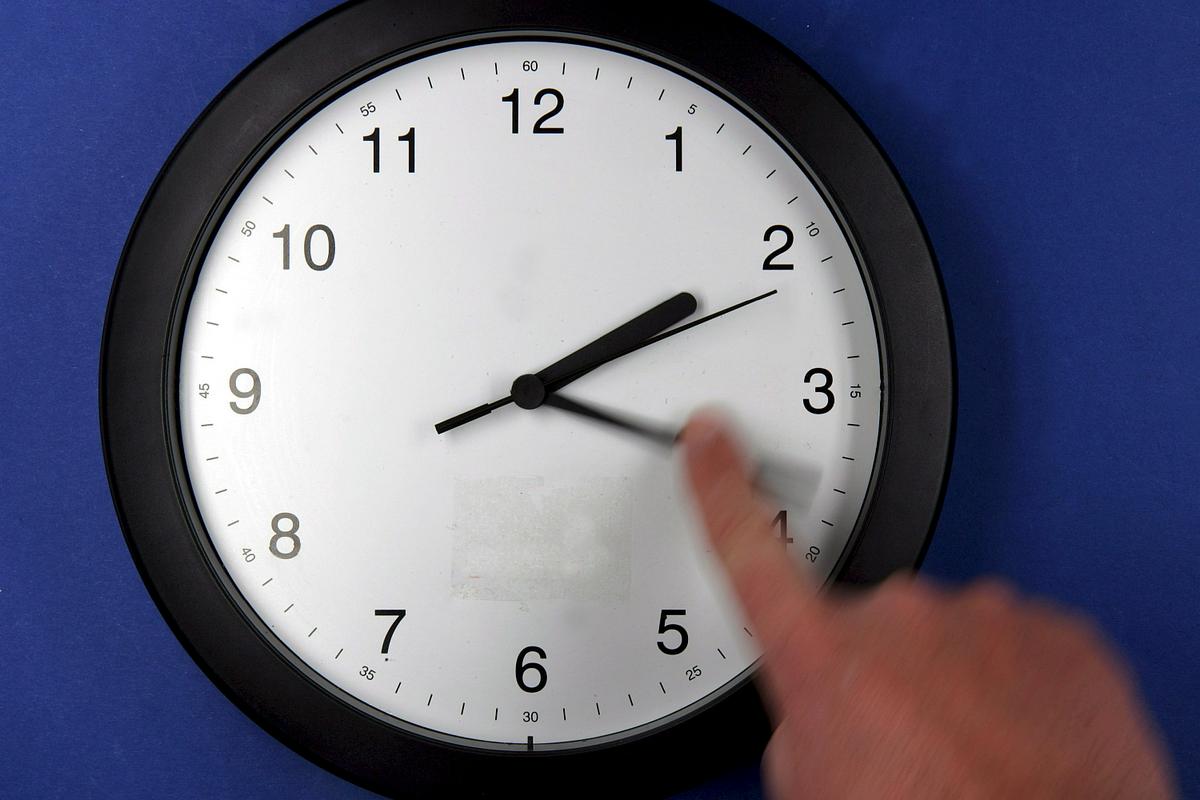
At 3 a.m. this night the clocks were turned back to 2 a.m. In this way, we entered the winter time. Is has been scientifically proven that time shifts cause health issues, increase accident risk as well as administrative costs. Therefore, several MPs from different political groups support the abolition of time shifts within the European Union.
In Strasbourg, the Czech MP Pavel Svoboda has presented an initiative from several MPs to amend the EU directive from 2011 regarding the daylight saving time. The directive includes two time changes per year, in March and October, which scientists believe causes numerous negative consequences. Studies on this phenomenon have found that time shifts often cause trouble with sleep, concentration and mood, explains psychologist Boštjan Bajec.
"The changes manifest themselves on the endocrine system, as our glands require quite some time to adjust. On average, it takes a few weeks, but the consequences are harder for some people," emphasizes Bajec, adding that the shift has a proven negative impact on concentration.
"No savings in electricity consumption"
Matjaž Valenčič, an independent expert in the power industry, is similarly sceptical. He argues there is not direct connection between shifting the time and saving electricity consumption. "The daily rhythm does not follow the sun anyway. Instead, it follows set (work) habits. The most popular TV shows air during night time; working hours in factories do not adapt to time shifts, it is the tempo of production that dictates working hours. The stores are open regardless of daylight," illustrates Valenčič.
Approximately 70 countries across the world switch to summer time in March, including Slovenia since 1983. Besides the European Parliament, the national parliaments in Sweden and Finland are also discussing the abolition of time shifts and citizens of several other EU countries are also signing a petition for the same cause.

































































